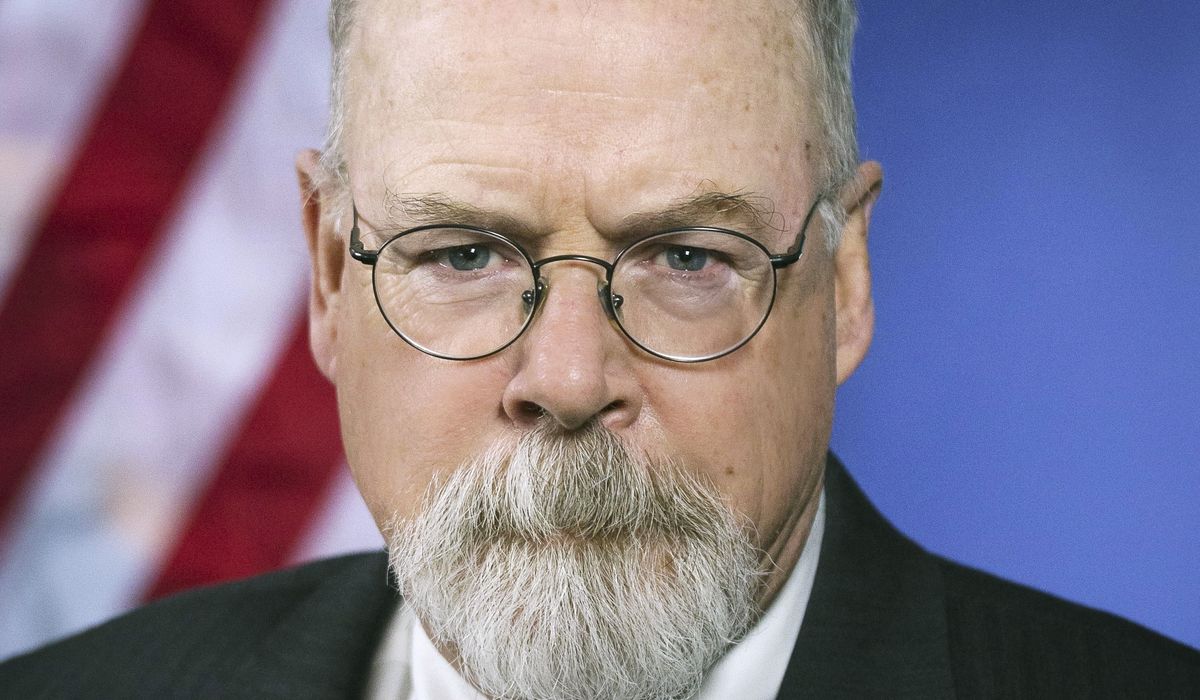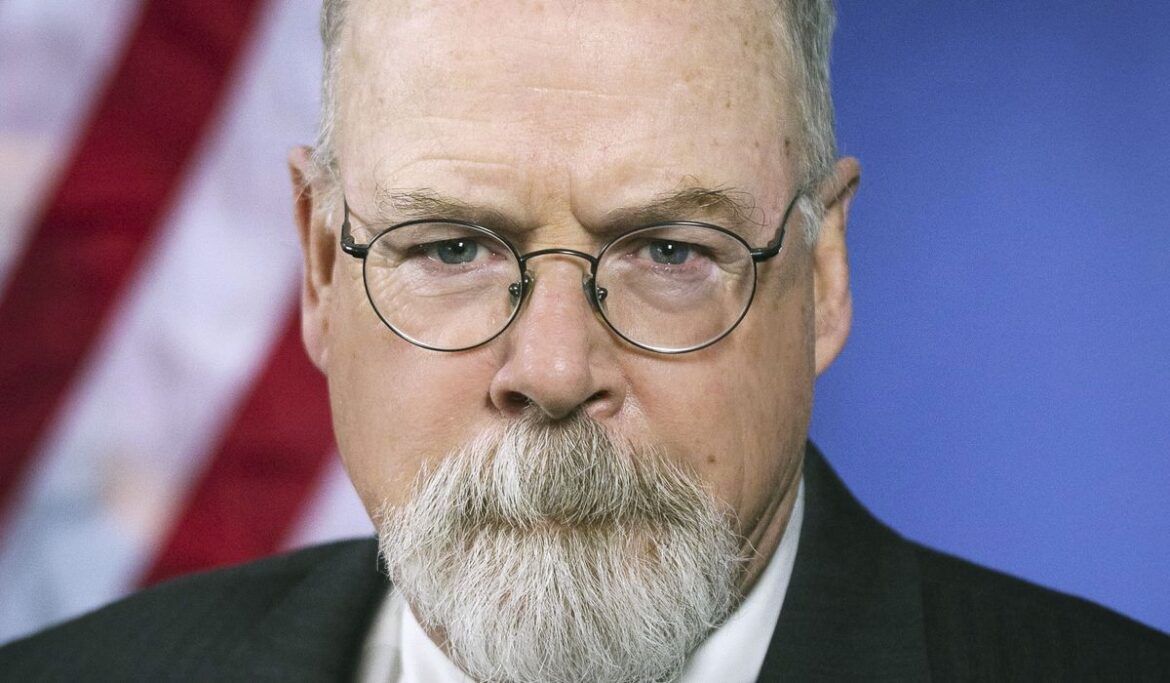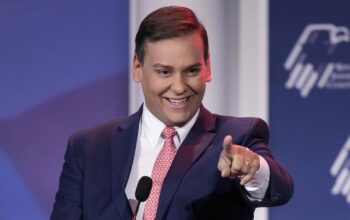
Tech executive Rodney Joffe on Tuesday asked a federal judge to keep four emails he shared with a U.S. investigative firm out of the hands of special counsel John Durham in an upcoming trial of a Clinton campaign lawyer accused of lying to the FBI.
In a court filing Tuesday, Mr. Joffe says his emails are protected by attorney-client privilege because his lawyer, Clinton campaign lawyer Michael Sussmann, was copied on them.
Mr. Durham, who is investigating the origins of the FBI’s Trump-Russia collusion probe, has alleged that Mr. Joffe, Mr. Sussmann and Mrs. Clinton’s 2016 presidential campaign formed a “joint venture” to spread damaging and false information about former President Donald Trump’s links to Russia.
Mr. Sussmann is charged with lying to the FBI about his ties to the Clinton campaign while handing a top bureau lawyer evidence of ties between the Trump Organization and a Russian bank. The claims were later debunked.
A trial for Mr. Sussmann is scheduled to begin on May 16.
Mr. Joffe retained Mr. Sussmann as his lawyer in February 2015 in connection with an unspecified matter involving a U.S. government agency, according to a court filing earlier this year.
He later tasked a researcher with mining internet data to create a narrative that Mr. Trump was colluding with Russia, the special counsel alleged.
Prosecutors say Mr. Joffe told his subordinates that Mr. Sussmann, Clinton campaign general counsel Marc Elias and the Clinton campaign itself were “looking for a true story that could be used as the basis for closer examination.”
Ultimately, Mr. Joffe and Mr. Sussmann drafted a “white paper” that claimed Trump Organization computer servers were secretly communicating with Russia’s Alfa Bank. Mr. Sussmann turned over that paper to FBI General Counsel James Baker in September 2016.
Mr. Durham wants to present the Joffe emails at Mr. Sussmann’s trial, alleging they were “in furtherance of collaborating and promoting” the Russian bank allegations, not facilitating legal advice.
He has argued that attorney-client privilege was waived because the discussions between him and his attorney, Mr. Sussmann, were shared with the investigative firm.
In his motion, Mr. Joffe argues that the emails should be protected because the investigative firm, which is not identified, was employed by Mr. Sussmann to provide legal advice.
Mr. Joffe doesn’t name himself in the filing. Instead, he used the moniker assigned to him by Mr. Durham, “Tech Executive-1.” He has not been charged with any crimes in the Durham probe.
“Notwithstanding the government’s conclusory assertions, the purpose of the four communications at issue was to obtain U.S. Investigative Firm’s assistance in cybersecurity and technical matters to allow Mr. Sussmann to provide Tech Executive-1 competent, informed legal advice,” Mr. Joffe’s attorneys wrote.





